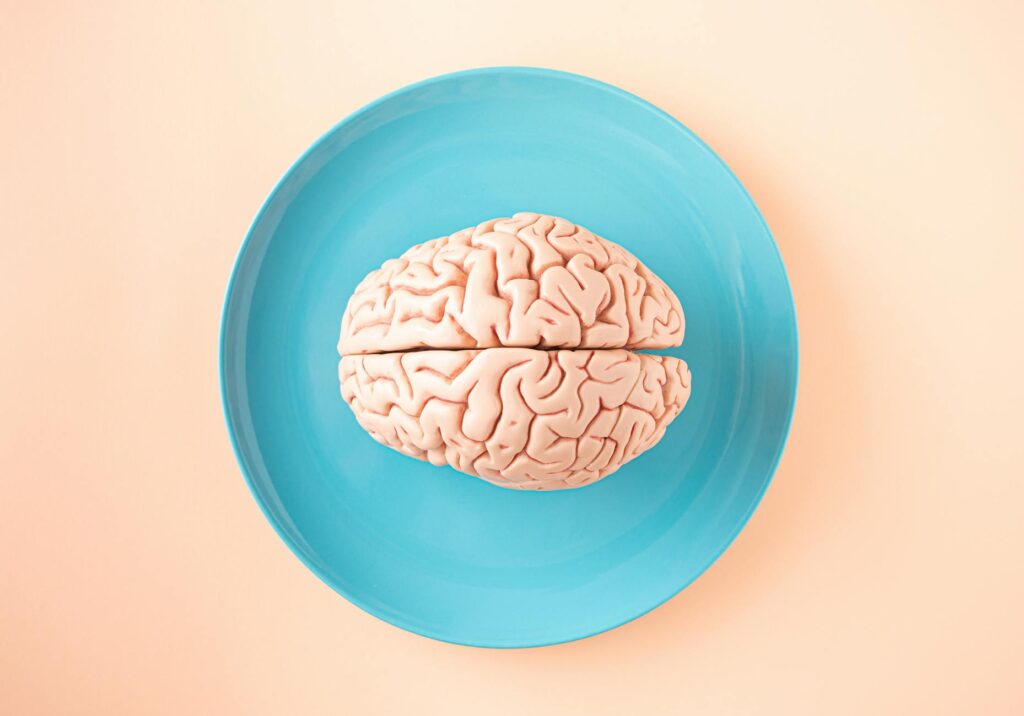What is neurological pathways?

What is neurological pathways?
Neurological pathways play a crucial role in how our brain functions and influences our behavior. They are the routes through which information travels, allowing us to respond to stimuli, learn new skills, and even form memories. Understanding these pathways can empower you in various aspects of personal development, productivity, and overall mental health.
Understanding Neurological Pathways
Neurological pathways are networks of neurons that communicate with each other to relay information across the brain and spinal cord. These pathways are the backbone of our nervous system, determining everything from our reflexes to our complex thought processes.
Definition and Function
At their core, neurological pathways consist of a series of connected neurons, which send signals across various parts of the brain and body. This communication is essential for executing movements, processing sensory information, and facilitating complex cognitive tasks. Each pathway can be thought of as a highway for information, guiding signals from one point to another. The more frequently a pathway is used, the stronger and more efficient it becomes.
Types of Neurological Pathways
There are several types of neurological pathways, each serving unique functions:
-
Sensory Pathways: These pathways carry information from sensory receptors to the brain, allowing us to perceive our environment. For example, when you touch something hot, sensory pathways send the signal to your brain, prompting a quick reaction.
-
Motor Pathways: These pathways transmit signals from the brain to muscles, enabling movement. When you decide to pick up a cup, motor pathways are activated to coordinate your muscles.
-
Associative Pathways: These pathways connect different parts of the brain, integrating sensory and motor information. They play a crucial role in learning and memory, helping us connect new experiences with existing knowledge.
The understanding of these pathways can enhance our ability to engage in productive activities and improve our overall well-being. For further insights on the role of these pathways in our habits, you can explore resources like the Great Minds Clinic’s insights on neural pathways.

Photo by Amel Uzunovic
The Science Behind Neurological Pathways
To grasp how these pathways function, we need to explore the science underlying their formation and operation.
Neuroplasticity and Pathway Formation
Neuroplasticity refers to the brain’s ability to reorganize itself by forming new neural pathways throughout life. This adaptability is crucial for learning and recovery after injuries. When you engage in a new activity, your brain creates connections between neurons, strengthening the pathways associated with that activity. Over time, this leads to improved efficiency in processing related information.
For a deeper understanding of neuroplasticity and its implications, you might consider reading about how experiences shape our brain’s structure.
The Role of Neurotransmitters
Neurotransmitters are the chemical messengers that facilitate communication between neurons in these pathways. When a signal is sent from one neuron to another, neurotransmitters are released into the synapse—the gap between neurons. This process is essential for transmitting information and can influence mood, behavior, and cognitive functions. An imbalance in neurotransmitter levels can disrupt communication within these pathways, leading to various mental health issues.
Further exploration into neurotransmitters can reveal how these chemicals impact everything from learning to emotional regulation.
Implications of Neurological Pathways in Everyday Life
Understanding neurological pathways isn’t just an academic exercise; it has real-world applications that can enhance personal development and productivity.
Impact on Learning and Memory
Neurological pathways play a vital role in how we learn and retain information. Each time we practice a skill or memorize a fact, we reinforce the neural connections associated with that information. The more we engage with certain content, the stronger the pathways become. This explains why consistent practice leads to mastery in any field. For more insights into how your brain processes learning, check out the research from Cedars-Sinai on memory pathways.
Neurological Pathways and Habit Formation
The formation of habits is deeply connected to the strengthening of neurological pathways. When we repeat a behavior over time, the related pathways become more efficient, making the action feel automatic. This is why breaking bad habits can be challenging—those pathways are well-established. By consciously practicing new behaviors, we can create new pathways that support healthier habits.
For additional strategies on how our habits are wired in the brain, consider reading about the brain’s habits and pathways.
Practical Strategies to Enhance Neurological Pathways
Now that we understand the significance of neurological pathways, let’s explore some practical strategies to strengthen them.
Mindfulness and Meditation Practices
Engaging in mindfulness and meditation can promote the development of new pathways. These practices encourage focused attention and self-awareness, helping to create a calming effect on the brain. Over time, consistent practice can lead to a reorganization of neural connections that enhance emotional regulation and cognitive flexibility.
To discover specific mindfulness techniques that can benefit your brain, consider exploring resources on brain-based learning.
Cognitive Exercises and Challenges
Cognitive exercises, such as puzzles, memory games, or learning a new language, can stimulate the creation of new neural pathways. These activities challenge the brain, encouraging it to adapt and grow. Incorporating regular cognitive challenges into your routine can help keep your brain sharp and improve overall function.
For more ideas on how to rewire your brain through engaging activities, check out strategies from the Center for Healthy Aging.
Conclusion
In conclusion, understanding neurological pathways is crucial for personal growth and productivity. These pathways shape our behaviors, learning processes, and habit formations. By applying strategies to enhance these pathways, such as mindfulness practices and cognitive challenges, you can foster a more resilient and adaptable brain. Embracing the science of neurological pathways can lead to profound improvements in how you learn, adapt, and thrive in both personal and professional life.